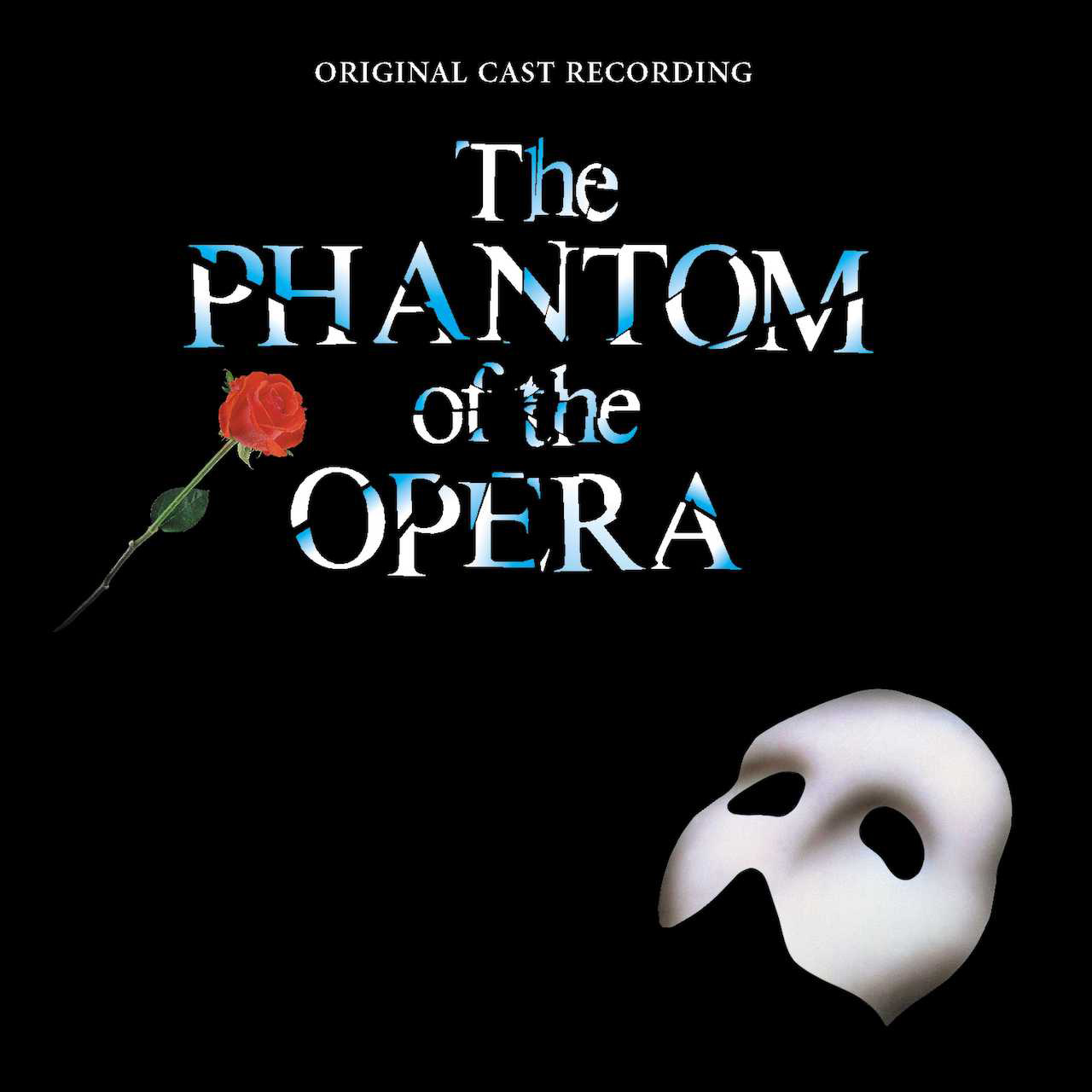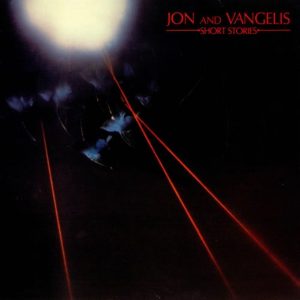No stranger to the Broadway blockbuster, legendary composer Andrew Lloyd Webber would hit heights previously unseen, even by him, with the opening of The Phantom of the Opera in 1986.
While it arrived on the heels of earlier successes Jesus Christ Superstar (1970), Evita (1976), and Cats (1981), among others, the inspiration behind Phantom gave Lloyd Webber the opportunity to write the sort of show he hadn’t before and had been longing to… a high romance. He and his collaborators, lyricist Charles Hart and librettist Richard Stilgoe, loosely adapted the 1910 novel of the same name by Gaston Leroux, amping up the tale of a haunted Paris opera house into a tragic love story between a deformed genius and his muse.
“I basically took elements from the book, and quite a few elements from the book, but I basically wrote my own tale about somebody who was writing and composing music that was out of its time,” Lloyd Webber told The Belfast Telegraph.
The part of Christine Daaé, the titular opera ghost’s favored soprano, was written for Lloyd Webber’s then-wife, Sarah Brightman, with the role of the Phantom going to tenor Michael Crawford. Brightman and Crawford, along with the rest of the original West End company, are featured on the 1987 London Cast Recording, which remains the best-selling cast recording of all time and is certified quadruple Platinum in the United States.
The production was helmed by hugely influential American director Harold Prince, and when it came to Broadway in 1988, was immediately a critical hit and a box office smash. But while the musical brought droves of theater fans to both its London and New York City homes – and snatched up Olivier and Tony Awards in the process – the cast recording allowed people all over the world to fall under the spell of the rich, textured, and passionate score.
Almost operatic in nature, Phantom includes little straight dialogue, so listeners of the cast recording get close to the full experience. All one has to do is to close their eyes and imagine masked revelers on a grand staircase during “Masquerade,” a smoky underground layer dotted with candles during “Music of the Night,” and a falling chandelier at the end of “All I Ask of You (Reprise).” The score also reaches out to audiences who may not even consider themselves musical theater fans by incorporating (quite appropriately) elements of opera, as well as electronic flourishes that were not at all out of step with the rest of the late 80s.
“There’s been a real schism between the pop and opera worlds, and this kind of theater really does try to bring them closer,” fellow composer William Bolcolm told The New York Times of The Phantom of the Opera in 1988.
From the bombastic guitar riffs in the title song to the dissonance of the music the Phantom composes for his “modern” opera, Phantom distances itself from the golden age of musicals, as ruled over by Rodgers and Hammerstein, and even from some of the more adventurous, experimental shows of the 70s and 80s. Yet even as it challenged audiences, it also delivered softer, more sweeping moments in “Think of Me,” “All I Ask of You,” and “The Music of the Night.” The latter two songs charted in the UK, a rare achievement for the genre, and have been covered countless times. If it seemed that every home had a copy of the two-disc CD release near their stereo, that’s because a record-breaking number of them did.
The show has connected with audiences on a global scale. Dozens of productions have been mounted in almost every corner of the world, across six continents. In 2004, a long-awaited feature film adaptation was released, starring Gerald Butler, Emmy Rossum, and Patrick Wilson in the lead roles of the Phantom, Christine, and Raoul. After ruminating on it for years, Lloyd Webber finally embarked upon a continuation of the story, the musical Love Never Dies, which premiered in London in 2010 and caught up with the characters 10 years after the events of Phantom – and in much different circumstances. A year later, the Royal Albert Hall hosted an epic 25th-anniversary performance starring Ramin Karimloo, Sierra Boggess, and Hadley Fraser. It was beamed to movie theaters all over and got a cast recording of its own.
In the meantime, the West End and Broadway productions continued filling up with enraptured theatergoers, as hundreds of other shows came and went around them without half of the fanfare. The London production ran until 2020, when the COVID-19 pandemic led to an extended hiatus, after which a slightly scaled-down interpretation opened in 2021. In 2012, the New York production officially became the longest-running show in Broadway history, a title that had been previously held by another of Lloyd Webber’s creations, Cats. The show will draw its last curtain in February 2023, after an unheard of 35 years on the Great White Way. By the time the Phantom finally vacates Box 5 of the Majestic Theatre on 44th Street, the show will have been performed nearly 14,000 times there.
It’s no exaggeration to say that Lloyd Webber and The Phantom of the Opera have changed the trajectory of musical theater. The show’s crossover impact introduced millions of new fans to the art form, and more than a few musicals that came afterwards owe their sense of scale and spectacle to the international hit. And, even as the Broadway production winds down and the cast recording celebrates its 35th year in print, the show is still firmly in the cultural zeitgeist. Phantom enjoys a passionate TikTok following and has inspired a new package of remixes, featuring remixes by Japanese producer 2118 and legendary Spanish DJ Supermini reinterpreting classic tracks from the show.
The show ends on a note of finality, with the Phantom telling the audience, “It’s over now, the music of the night.” But it seems that there will be no such ending for The Phantom of the Opera, which has achieved immortality in musical history and in the hearts of its fans.
Buy or stream The Phantom Of The Opera: Original Cast Recording.



